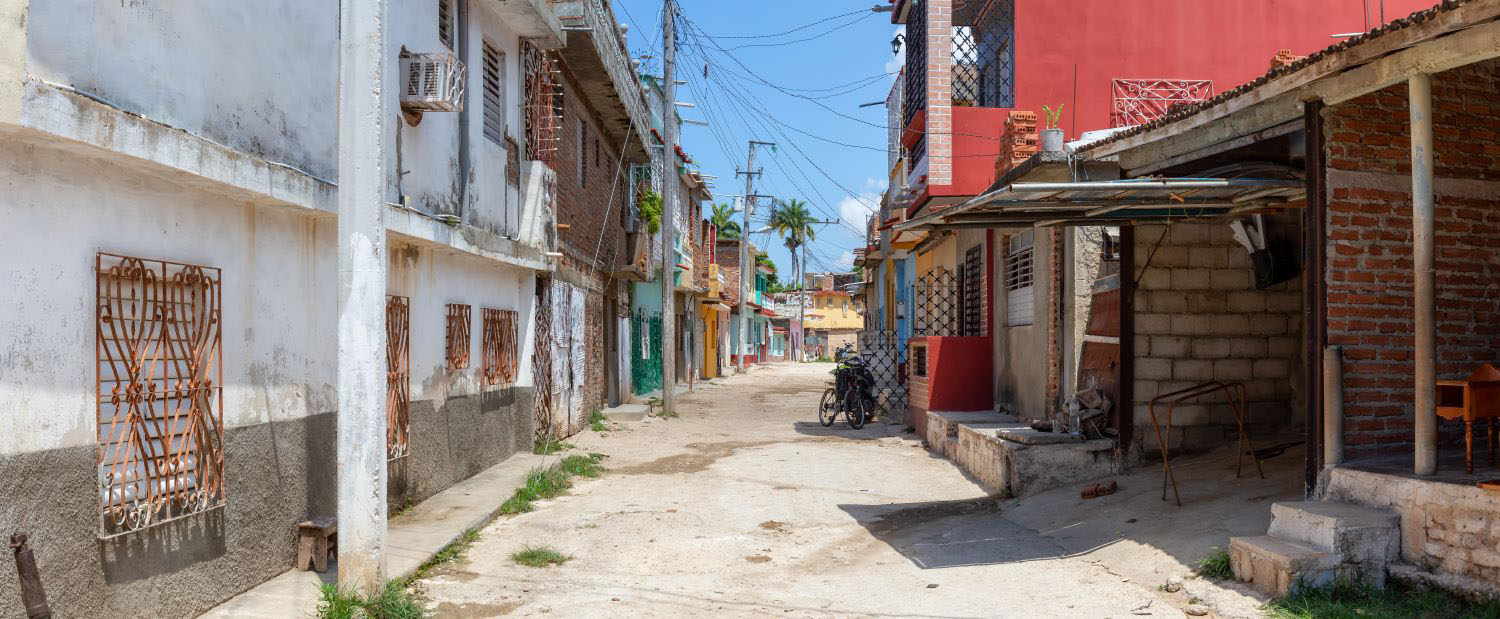As if Pakistan needed more troubles, this summer’s catastrophic flooding stretched the capacity of that country’s civilian government to the breaking point. How can the United States act to shore up a key ally and put a strategically critical country back on the path towards development and stability? My guest this week is
Molly Kinder, a senior policy analyst here at the Center for Global Development. Together with CGD president
Nancy Birdsall, she spearheads the Center’s initiative that looks specifically at
U.S. development policy in Pakistan and recommends how it might be more effective. Wren Elhai, who oversees the production of the Wonkcast and helps me by drafting these posts, also contributes to our Pakistan initiative, as a writer and analyst.
On the Wonkcast, Molly and I discuss Pakistan’s immediate needs in the aftermath of the floods and how they fit into the longer-term development picture. Molly emphasized that over the long term, aid will be only a small piece of the solution. What’s most needed are policy reforms so the government can collect more in tax revenue, strengthen the education and health systems, and put the energy sector on a sustainable financial footing. “Unless Pakistan itself reforms, there’s really no chance that our aid by itself can transform the country,” Molly tells me.
Yet Molly adds that aid money could make a real difference in how well and how quickly Pakistan is able to recover from the floods. As Molly, Nancy and Wren have written, redirecting unspent aid money towards flood reconstruction could bolster Pakistan’s economy at a critical moment and lay the foundation for poverty-reducing growth when and if the necessary domestic policy reforms are enacted. We discuss ways to make that aid transparent and to ensure that it isn’t diverted for other purposes.
 Finance Minister Abdul Hafeez Shaikh, 10/21/10
Finance Minister Abdul Hafeez Shaikh, 10/21/10As Molly and I spoke, top officials from the Pakistani government were in in town for the third set of so-called Strategic Dialogue meetings with their American counterparts. We at the Center got just a taste of those meetings when we hosted Pakistani Finance Minister Abdul Hafeez Shaikh for a private breakfast with members of Washington’s Pakistan policy community and U.S. government representatives. Shaikh’s talk and his savvy about both economic policies and politics impressed all those who attended, but Molly warns that while Pakistan has a full team of skilled economists in the top ranks of government, knowing what needs to be done and managing to overcome the substantial obstacles to reform are two separate issues. Molly adds: the finance minister “rightly identified the challenge, which is how can you create the political momentum within Pakistan to enable these very difficult reforms to happen?”
Listen to the Wonkcast to hear the interview. Have something to add to the discussion? Ideas for future interviews? Post a comment below. If you use iTunes, you can subscribe to get new episodes delivered straight to your computer every week.
And my thanks again to Wren, for a draft of this post!
CGD blog posts reflect the views of the authors, drawing on prior research and experience in their areas of expertise.
CGD is a nonpartisan, independent organization and does not take institutional positions.


 Finance Minister Abdul Hafeez Shaikh, 10/21/10
Finance Minister Abdul Hafeez Shaikh, 10/21/10


